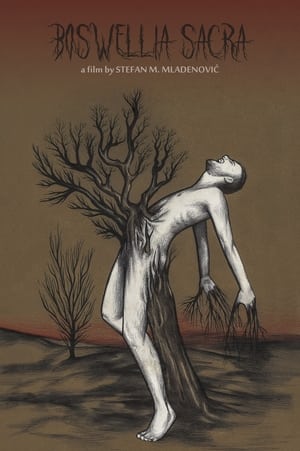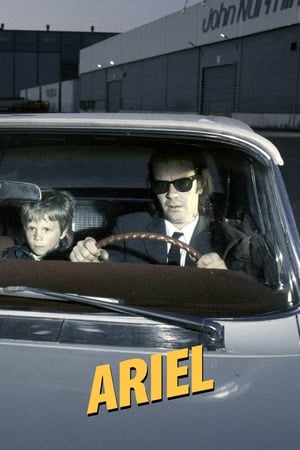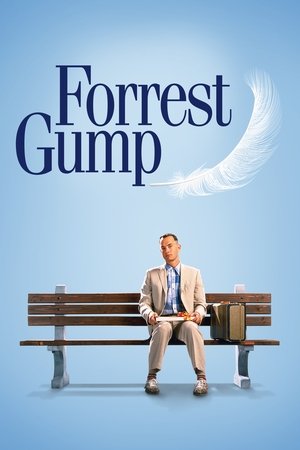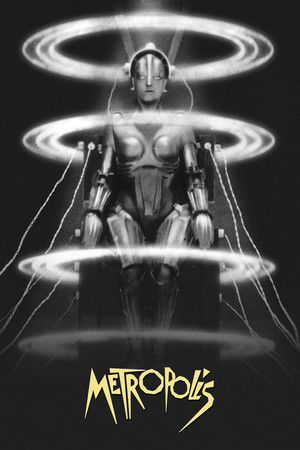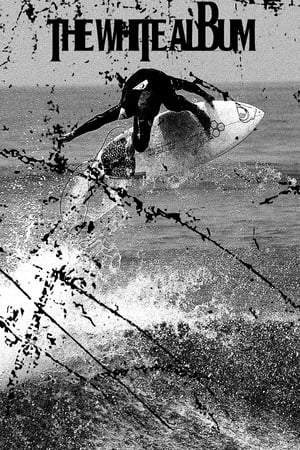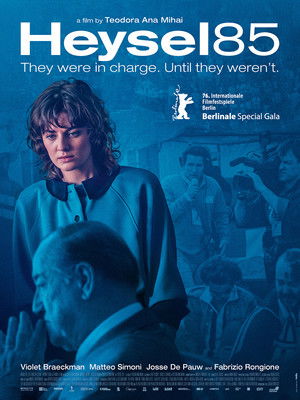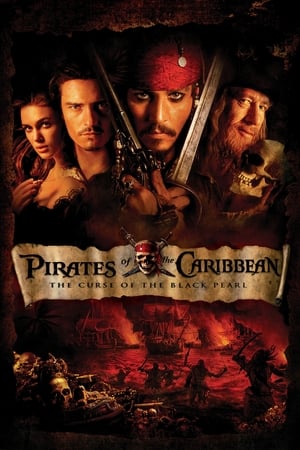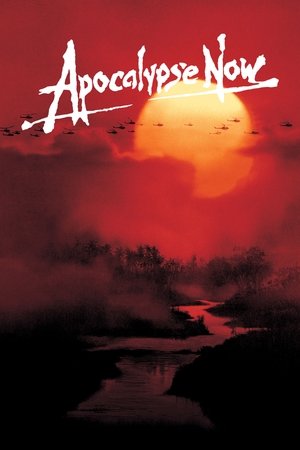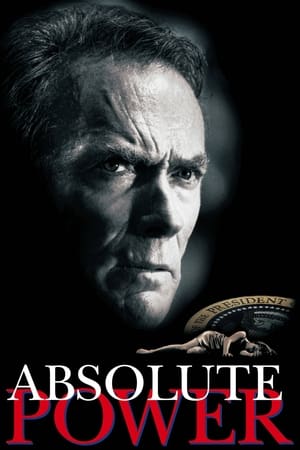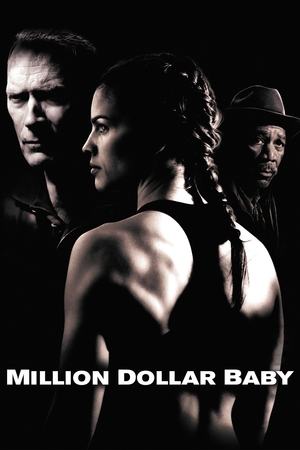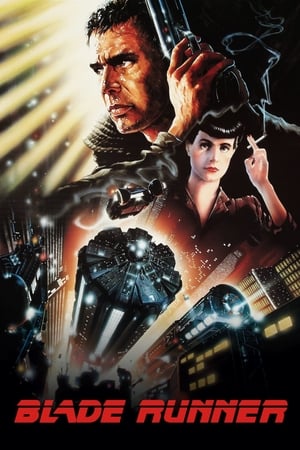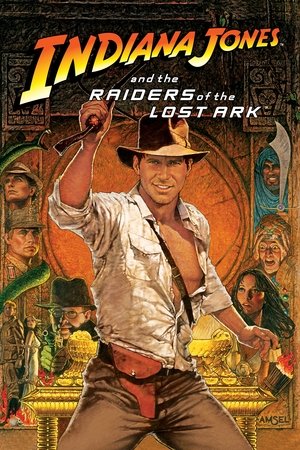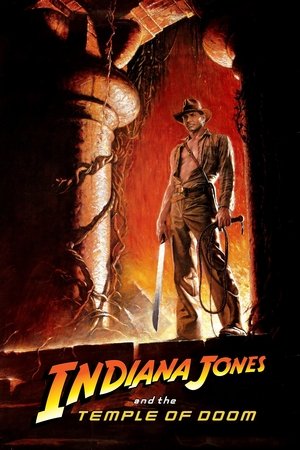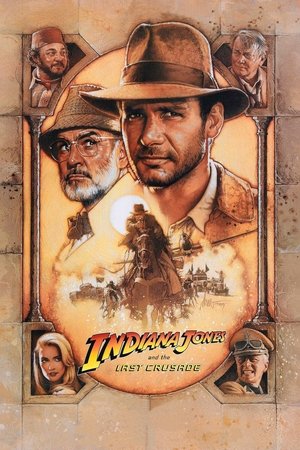Overview
Haunted by his mysterious past, a devoted high school football coach leads a scrawny team of orphans to the state championship during the Great Depression and inspires a broken nation along the way.
Reviews
Luke Wilson is quite effective here as a football coach (Rusty) who, with his teacher wife (Juanita) and his daughter arrive at a run down orphanage, home to 150 children of all ages abandoned by their parents in the midst of the Great Depression. Pretty quickly, they get the general idea that those in the establishment are considered more like the inmates of a prison, and those running it are at best indifferent, at worst ruthlessly exploitative of their charges. Rusty sets out to try and galvanise the disparate young men into some sort of cohesive unit. Initially, they are sullen, demotivated and would rather fight each other than try to play a game and the task looks impossible, but luckily he has some help from school doctor "Hall" (Martin Sheen) a worldly dipsomaniac with a thorough knowledge of American football and of human nature. The younger cast are made of relative unknowns, but as with the aspirations for their their team, they bond well - especially Jacob Lofland as the skinny Snoggs; Slade Monroe as the chunky quarterback Wheatie and a there is strong, heartfelt effort from Jake Austin Walker - the sort of recalcitrant-in-chief Hardy Brown. The coach enables the boys to feel something other than despair for the first time in their lives - he gives them hope, a sense of purpose and of family. Wayne Knight - whom i always recall as the dodgy IT bloke from "Jurassic Park" (1993) is really quite good as the odious teacher Frank Wynn, who uses the youngsters as cheap labour - and is brutal with his paddle if anyone steps out of line. Director Ty Roberts has done well to illustrate the sense of abandonment felt by the youngsters, and to a certain extent by the school management too, but more so - he manages, through some sparing appearances from Treat Williams - to share with us the sensational effects these young men had on the ordinary men and women of the USA - desperate for something positive to get behind after years of poverty and gloom. For reasons that make no sense to me, the timeline has been shifted from the mid 1920s until the late 1930s. It's not that it makes a great deal of difference to the narrative it's just curious that the end credits are accompanied by interesting mini-bios of the boys that don't remotely tie up - unless they were flying bombers WWII at a very early age. Still, it is a well structured production which has just enough of the facts to keep it real, but just enough imagination to enable me to feel engaged with the men, their efforts and ultimately, I rather enjoyed it.

 118 min
118 min
 7.154
7.154
 2021
2021
 USA
USA
 CinemaSerf wrote:
CinemaSerf wrote: